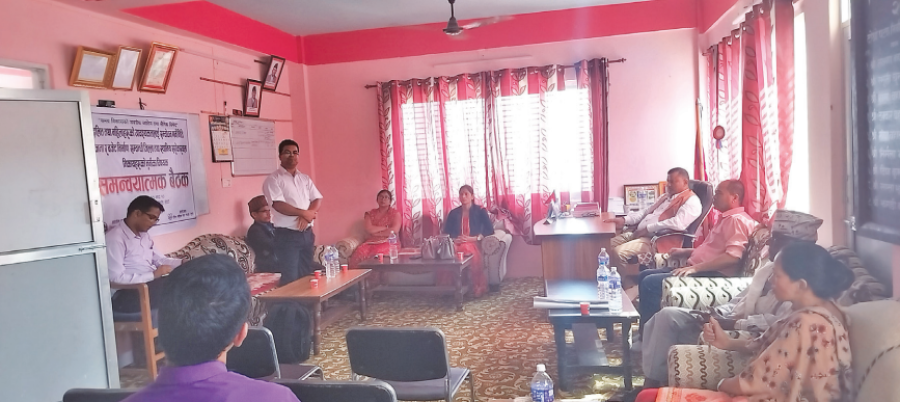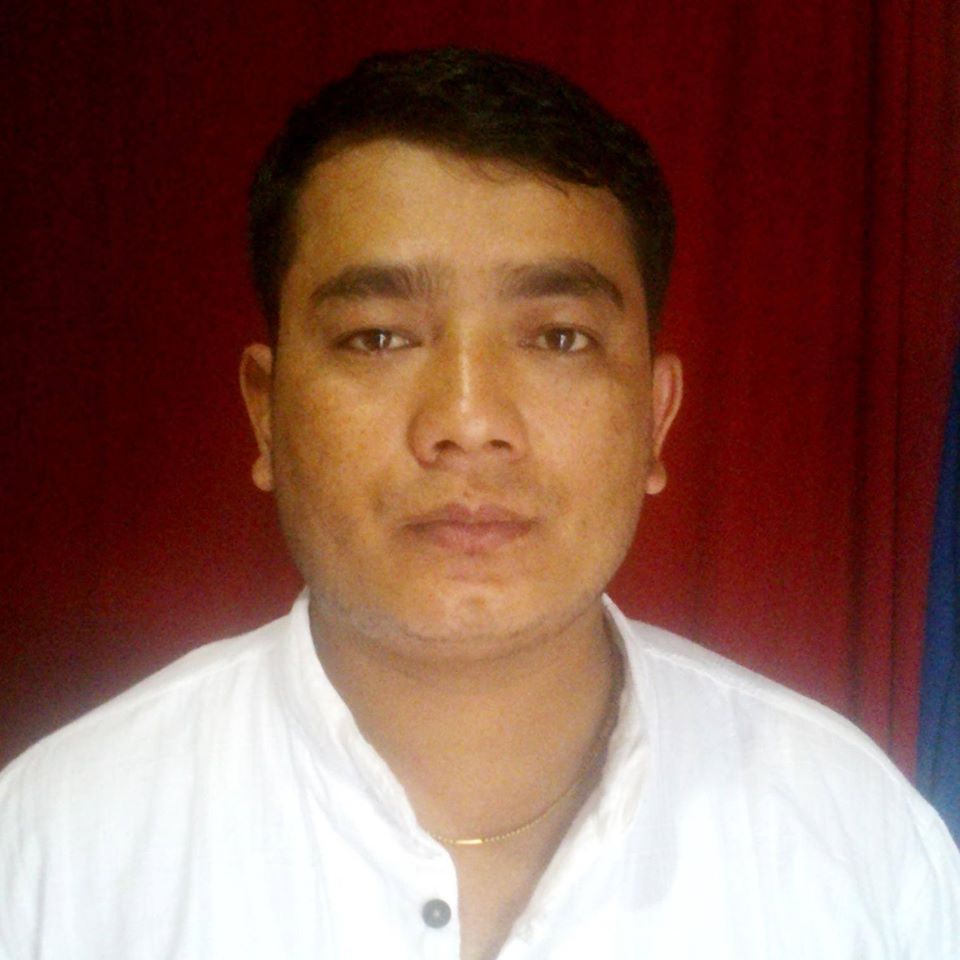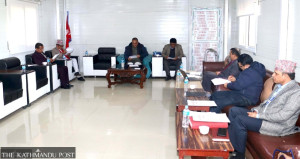Sudurpaschim Province
Caste-based discrimination rife in Doti
Dalit rights activists say non-Dalits refuse to interact with them, extend services, rent rooms or even sell them milk.
Mohan Shahi
Sarita Dayali, has been buying milk from a restaurant nearby ever since the milkman refused to sell her milk a couple of years ago. Dayali is from the Dalit community and is the district chief of the Feminist Dalit Organisation in Silgadhi, the district headquarters of Doti.
Dayali, a mother of two children, has been living in the district headquarters for almost a decade. Although she has been advocating for Dalit rights and elimination of caste-based discrimination, she often falls victim to such discrimination in the hands of the local community, Dayali said at an event last week.
Shankar Bishwakarma came to Silgadhi 10 years ago from Sunda village of Shikhar Municipality for higher studies. He stayed back for work. Bishwakarma works with a local non-governmental organisation. He recollects when he had difficulty finding a room to rent in the district headquarters.
Right activists and educated Dalit youths are being subjected to caste-based discrimination in the district headquarters where the population is expected to be more aware of the need to eradicate discrimination based on caste, ethnicity, race and gender.
“We ourselves face such humiliations so we can only imagine what an uneducated Dalit goes through when trying to build a life in this city,” said Babi Kumar, who works with Sama Bikas Kendra, a Dalit rights organisation. “Even the milkman doesn’t want to sell us milk. The situation of poor uneducated Dalits in rural areas is worse. The discrimination and othering is so ingrained in our Nepali society that it’s difficult to bring positive changes.”
According to Dalit rights activists, non-Dalit people refuse to interact with them, extend services, rent rooms or even sell them milk due to the deep-seated bias against Dalits.
“They fear we will pollute them and their gods and goddesses. The milkman doesn’t want to sell us milk because they believe if he does then his lactating cows and buffaloes will stop giving milk. They discourage non-Dalit people from keeping any relations with us,” said Kumar.
A milkman from Kalena village said that although he doesn’t hold any personal disdain towards Dalits, he has stopped selling milk to Dalit families fearing the backlash from non-Dalits if he did. “I fear I will be socially ostracised. I don’t personally believe that I shouldn’t sell milk to Dalits but non-Dalits pressure me against selling milk to Dalits,” he said.
As per the national census of 2021, the total population of Doti district is 204,831. Among them, 50,300 are Dalit people. Caste-based discrimination is still unchecked in Doti, a hill district in Sudurpaschim Province.
Despite facing discrimination, very few Dalit people approach the police to file a complaint. According to Superintendent of Police Rajendra Prasad Dhamala, not even a single complaint regarding caste-based discrimination has been filed with the police over the past two years.
Section 7 (a) of Caste-Based Discrimination and Untouchability (Offence and Punishment) Act, 2011, with its third amendment in 2018, says a person who commits the offence shall be liable to a jail term between three months and three years and a fine between Rs50,000 and Rs200,000.
Caste-based discrimination persists in Nepali society despite it being outlawed mainly due to a lack of awareness and poor implementation of existing laws. “It is shameful that the Dalit rights activists themselves are discriminated against in the district. Even the rights activists are unable to revolt as they have to live in the same society. How difficult would it be for common people?” said Laxman Bahadur Singh, chief at the District Coordination Committee of Doti. “It tarnishes the reputation of the entire district. All should work together to end such discrimination,” said Singh.




 18.12°C Kathmandu
18.12°C Kathmandu















